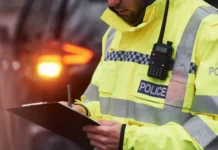
DWI stands for “driving while intoxicated.” It is a criminal offence in most jurisdictions, including all U.S. states, to operate a motor vehicle while under the influence of alcohol or drugs. The specific legal definition of “intoxication” varies depending on the jurisdiction, but it typically refers to a blood alcohol content (BAC) of 0.08% or higher or a level of impairment that makes it unsafe to drive. Penalties for a DWI conviction can include fines, jail time, and the suspension or revocation of a driver’s license.
What to Do If You Are Faced With DWI
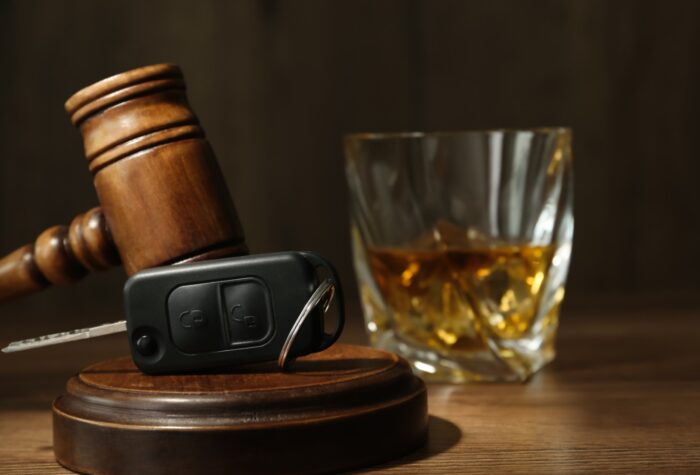
Seek legal representation
Hiring an experienced DWI attorney from dwilawyerstexas.com is crucial if you have been charged with DWI. An attorney can help you understand the charges against you, the potential penalties, and any possible defences that may apply to your case. They can also help you navigate the legal system, protect your rights, and negotiate an appropriate plea bargain. An attorney can also advise you on the best course of action and help you to build a strong defence. It’s essential to choose an attorney with experience handling DWI cases, as they will be familiar with the specific laws and procedures that apply to your case.
When choosing a DWI lawyer, there are several factors you should consider to ensure that you find an attorney who is well-suited to your case:
Experience: Look for an attorney who has experience handling DWI cases, as they will be familiar with the specific laws and procedures that apply to your case.
Track record: Research the attorney’s track record of handling DWI cases, including the number of cases they have handled and their success rate.
Reputation: Look for an attorney with a good reputation in the legal community, as this can be an indication of their professional integrity and ability.
Communication: Look for an attorney who is easily reachable and responsive to your calls and emails. They should be able to clearly explain the legal process and answer your questions.
Cost: Consider the attorney’s fees and whether they offer a free consultation. Remember that a more expensive attorney is not always the best choice, and a lower fee does not always indicate lower quality.
Specialization: Look for an attorney who specializes in DWI cases and who has experience handling cases similar to yours.
Availability: Look for an attorney who can start working on your case immediately and will be available to attend court dates and meetings with you.
By considering these factors, you can increase your chances of finding an attorney who is well-suited to your case and can help you achieve the best possible outcome.
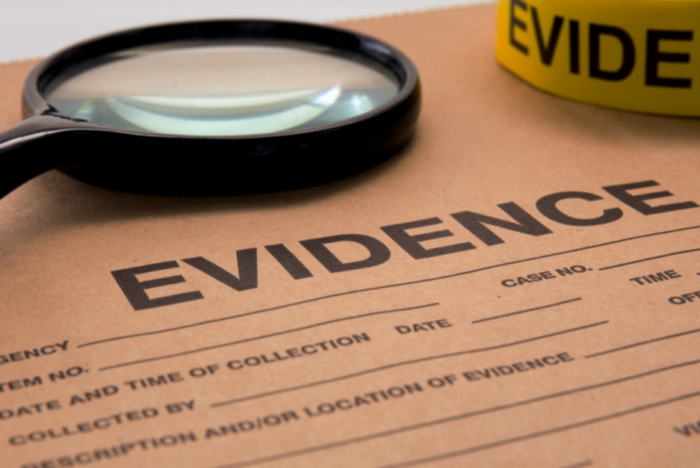
Gathering evidence
Gathering evidence can be crucial in building a defence against a DWI charge. Depending on the circumstances of your arrest, various types of evidence can be used to challenge the prosecution’s case.
Some examples of evidence that may be useful in a DWI case include the following:
- Photos of the arrest scene can help establish the location and conditions under which the arrest occurred.
- Witness statements from individuals who observed your driving or arrest can be used to challenge the prosecution’s version of events.
- Video footage from police cruisers or security cameras can provide an objective arrest record.
- Results of field sobriety tests or breathalyzer tests can be used to challenge the accuracy or admissibility of the prosecution’s evidence.
It’s crucial to note that the evidence-gathering process should be done under the guidance of your attorney. They can help you to identify what evidence is relevant and relevant to your case and advise you on how to preserve and collect it.

Understands the consequences
Understanding the potential consequences of a DWI conviction is crucial as it can have long-lasting effects on your life. The specific consequences of a DWI conviction will depend on various factors, such as the circumstances of the arrest and the laws of the jurisdiction where the conviction occurs.
Some potential consequences of a DWI conviction include the following:
- Fines: DWI convictions can result in significant fines, which can be thousands of dollars.
- Jail time: Depending on the offence’s severity and the jurisdiction’s laws, a DWI conviction can result in a term of imprisonment.
- License suspension or revocation: A DWI conviction can result in a driver’s license suspension or revocation.
- Alcohol education or treatment programs: Some jurisdictions may require offenders to complete an alcohol education or treatment program as part of their sentence.
- Increased insurance rates: DWI conviction can result in increased insurance rates for many years
- Difficulty finding a job: DWI conviction can make it difficult to find a job, especially in certain fields like transportation, and certain professional licenses may be revoked or suspended
- Criminal record: A DWI conviction will result in a criminal record, which can have a negative impact on various aspects of your life.
It’s crucial to understand that a DWI conviction can have serious and long-term consequences, so it’s important to work with an attorney to understand your case’s specific consequences and build the strongest possible defence.
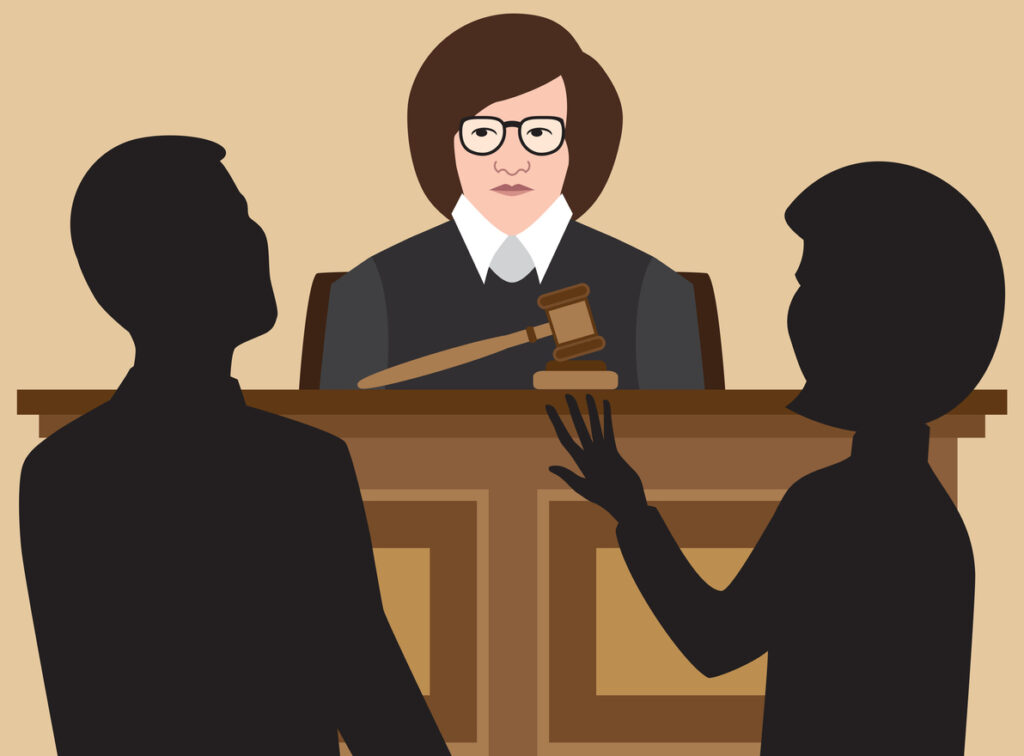
Attend all court dates
Attending all scheduled court appearances is crucial if you have been charged with DWI. Failure to appear in court can result in additional charges being filed against you, such as failure to appear or contempt of court. Additionally, a warrant may be issued for your arrest, and you may be subject to arrest if you are stopped by law enforcement in the future.
When given a court date, it’s essential to make a note of it in your calendar and mark it as a priority. You should also ensure that you have the necessary documentation and evidence with you when you go to court.
Be sure to inform your attorney of any changes to your contact information or schedule, so they can contact you in case of any last-minute changes to your court date.
It’s also important to be on time for your court appearance and to dress appropriately. Showing up to court on time and dressed professionally is a sign of respect for the court and the legal process, and it can make a good impression on the judge and jury.
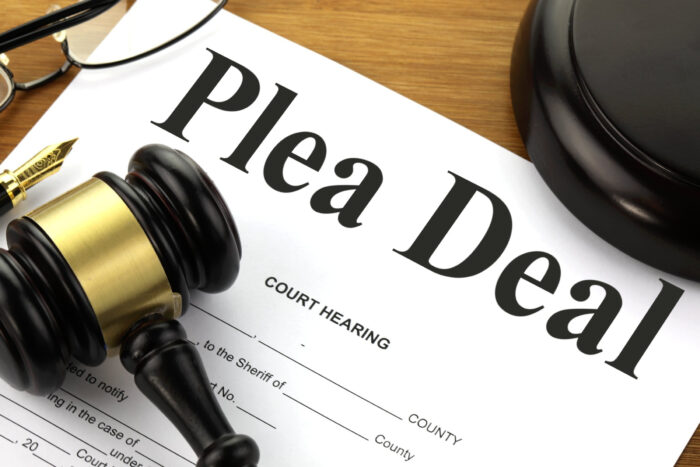
Consider plea bargain
A plea bargain, also known as a plea deal, is a negotiation between the defendant, their attorney, and the prosecution in which the perpetrator pleads guilty to a reduced charge in return for a lighter sentence. Plea bargaining is a common practice in the criminal justice system, as it allows both parties to resolve the case without going to trial.
If your attorney believes that the evidence against you is strong and that the chances of winning at trial are low, they may suggest a plea bargain as a way to minimize the potential consequences of a conviction. It is essential to understand that a plea bargain is not always offered, and even if it is, it is not always the best option. Whether to accept a plea bargain or go to trial is personal, and it should be made after careful consideration of the circumstances of the case and the potential consequences of each option.
When considering a plea bargain, it’s essential to understand the specific terms of the agreement, including the charge to which you will be pleading guilty, the possible sentence, and any other conditions that may be attached to the plea.
It’s also important to understand that the prosecution does not always offer plea bargains. Even if they are, they may not be the best option for you. Discussing the option with your attorney and having them explain the pros and cons of a plea bargain and the potential sentence if the case goes to trial is important.

